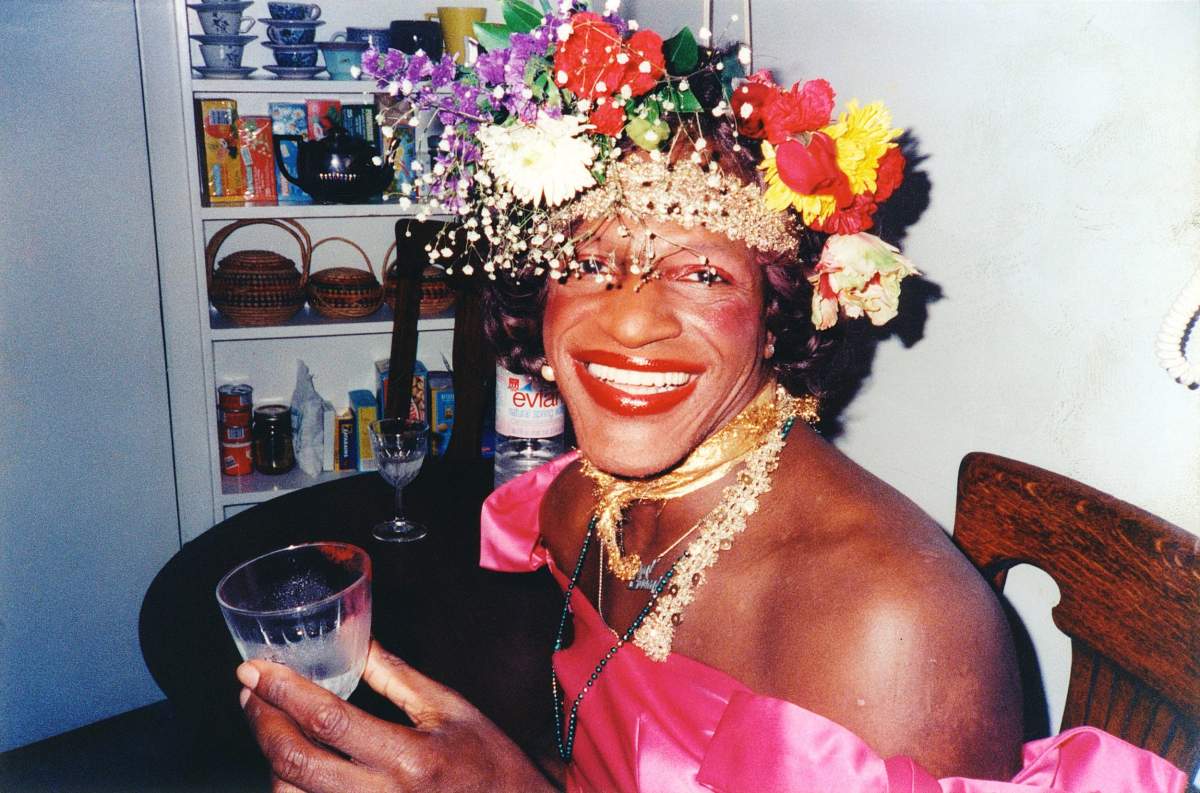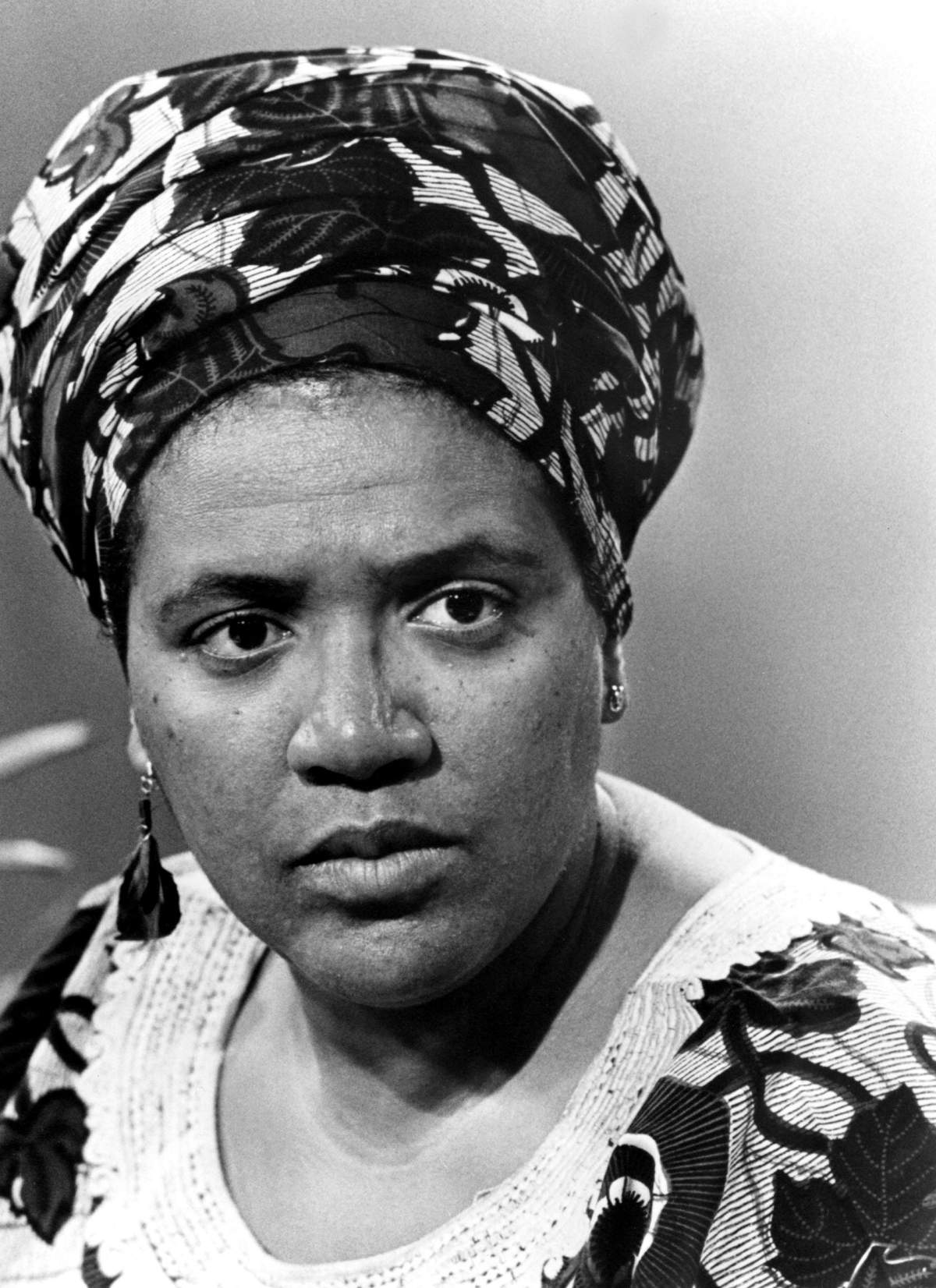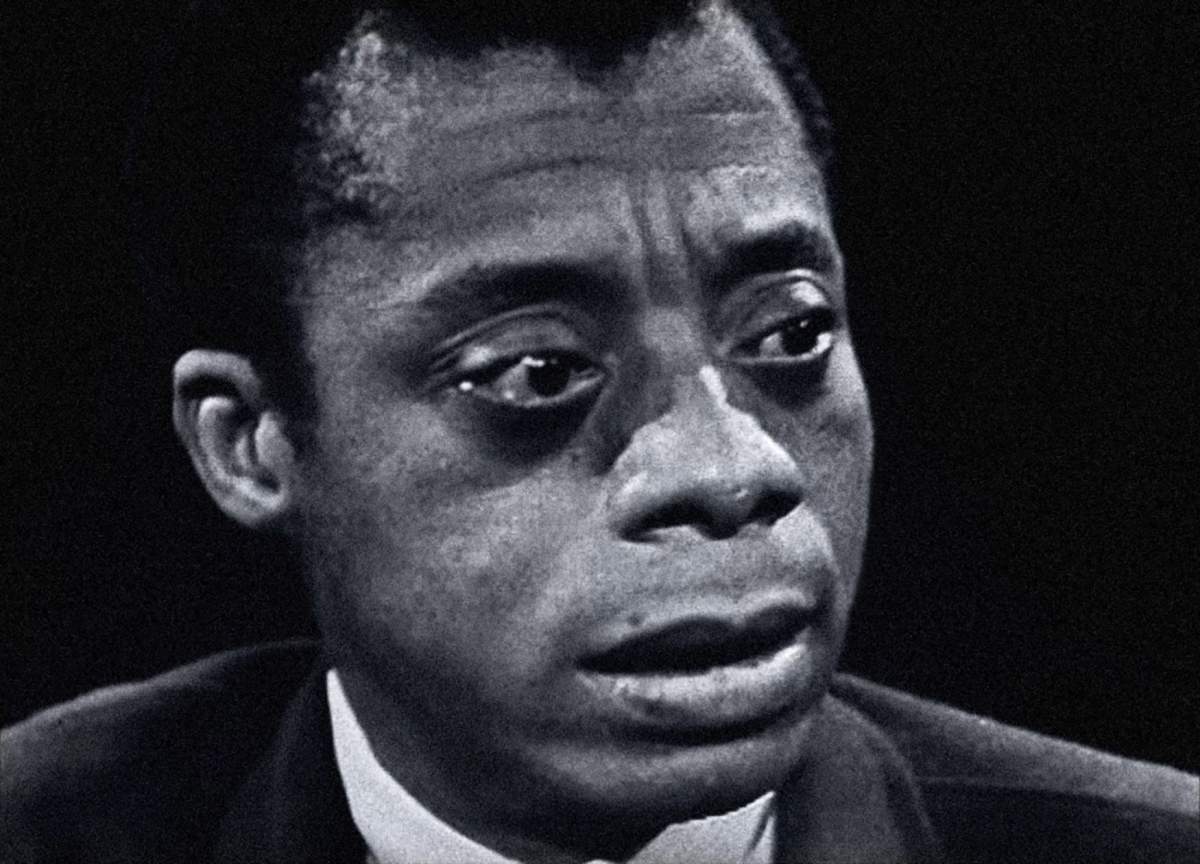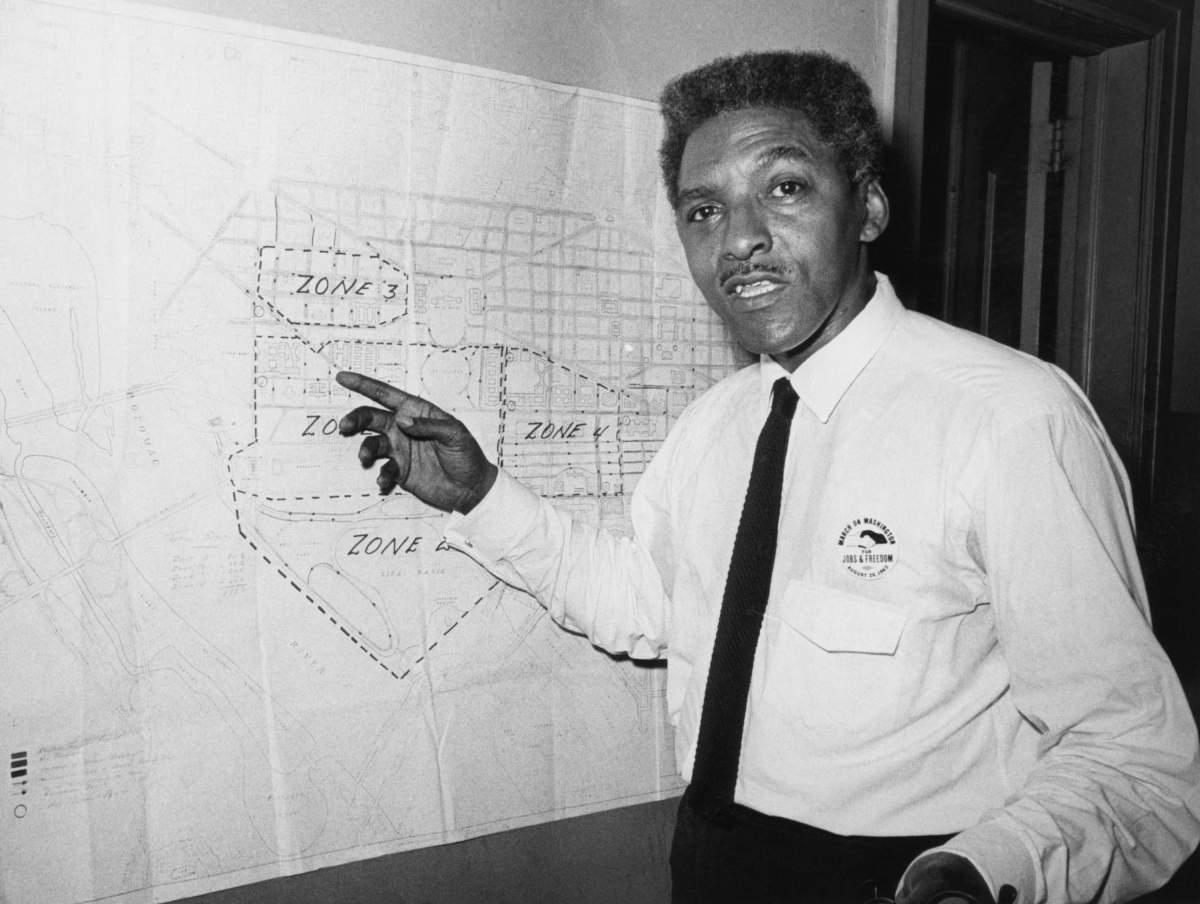June is a time when many countries celebrate Pride Month with rallies, colourful parades, and commemorative events held throughout the LGBTQ2 community.

Pride emerged from the 1969 Stonewall Riots in Manhattan, which was a turning point for gay and lesbian activism. In many cities such as Toronto, the Black community has been integral to the Pride movement.
“Black people and trans activists have always been at the front of these protests,” Beverly Bain, a professor at the University of Toronto Mississauga, previously told Global News. “They’ve been very visible in that struggle.”
Here is a look at four Black LGBTQ2 activists who fought on behalf of the community, even though it meant risking their lives.
Marsha P. Johnson
Marsha P. Johnson, a Black transgender woman, was a well-known figure of New York City’s gay and art scene from the 1960s to 1990s.
Johnson, not one to hide in the shadows, would often appear in public wearing full drag.
The activist is best known as being a veteran of Stonewall, with many saying she helped start the riot on the morning of June 28, 1969, according to records from the Smithsonian Museum.
Following the riots, Johnson remained very active in the fight for LGBTQ2 rights, and became involved in groups like the Gay Liberation Front, which was known for fighting for the protection and sexual liberation for all people.
Audre Lorde
Audre Lorde described herself as “Black, lesbian, mother, warrior, poet.”
Known for her poems, Lorde published her first volume of poetry in 1968. Many of her works dealt with gender, race and sexuality, according to Smithsonian records.

Get breaking National news
In one of her best-known pieces, I Am Your Sister: Black Women Organizing Across Multiple Sexualities, she writes, “I am a Black Feminist, I recognize that my power as well as my primary oppressions, come as a result of my Blackness as well as my womaness, and therefore my struggles on both of these fronts are inseparable.”
Lorde’s works helped create a foundation for theorists and activists regarding social justice.
James Baldwin
James Baldwin was born in Harlem, N.Y. in 1924, and was best known for being an essayist, novelist, playwright and social justice advocate.
After his time in high school, his first job was laying railroad tracks for the U.S. Army, and during this time, Baldwin experienced discrimination regularly, often being turned away from restaurants and bars because of the colour of his skin.
According to Smithsonian records, Baldwin despaired over the racial situation in the United States during the 1970s, having lived through the assassinations of Martin Luther King and Malcolm X.
Some of his best-known works include The Fire Next Time, which sold more than a million copies, and Broadway play Blues for Mister Charlie, which was based on the 1955 racially motivated murder of a young African American boy.
Many of Baldwin’s works explored the intricacies of racial, sexual, and class distinctions of Western society, according to Smithsonian records.
Bayard Rustin
Bayard Rustin was a civil rights and LGBTQ2 activist who was best known for being one of the main advisers to Martin Luther King.
One of Rustin’s main contributions to the civil rights movements was organizing the 1963 March on Washington, where 250,000 people gathered at the Lincoln Memorial to protest for their rights, according to Smithsonian records.
He was arrested in 1953 after he was caught having sex with two men in a parked car in California, and served 50 days in a Los Angeles County jail.
Rustin also had to register as a sex offender following his arrest.
In 2020, California Gov. Gavin Newsom officially pardoned Rustin for his arrest, saying how LGBTQ2 people were unjustly punished for their sexuality by U.S. law enforcement during the time period.
Rustin was posthumously awarded the Presidential Medal of Freedom in 2013 for his activism.
-Source: Smithsonian National Museum of African American History & Culture








Comments
Want to discuss? Please read our Commenting Policy first.